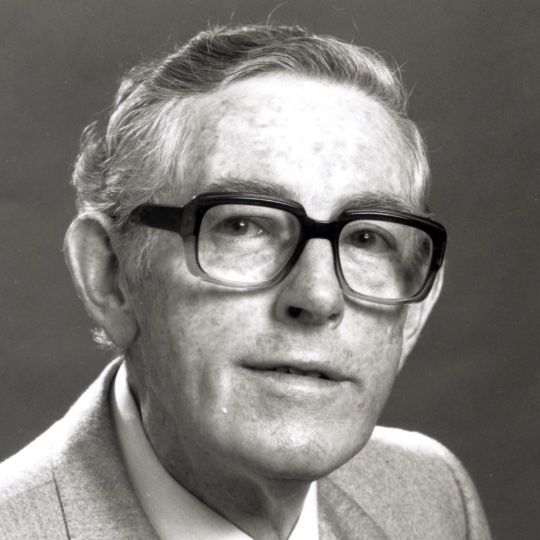Through a glass, darkly: evaluation in Australian health and welfare services
Select Committee on Parliament’s Appropriations and Staffing
But criticism of the bill’s scope led the government to refer it and a related Archives Bill to the Constitutional and Legal Affairs Committee in late 1978. In a detailed inquiry, the committee examined the access and review procedures set out in the bills and considered the long-term implications of FOI on government responsibility and public service anonymity.
The committee’s November 1979 report concluded that FOI legislation would increase government transparency and make it more ‘adaptable, flexible and effective’. Some of the committee’s 106 unanimous recommendations were accepted by the government and incorporated into a revised FOI bill introduced two years later. After extensive amendment in the Senate to incorporate many of the rejected recommendations, the bill finally passed into law in March 1982.
A 1988 report by the Select Committee on Legislation Procedures found that:
‘The Freedom of Information Act which emerged from that process was quite different from the legislation originally proposed, and is acknowledged to have been vastly improved by committee scrutiny.’
Senator Alan Missen, 1983, Australian Information Service
After the FOI legislation was referred to the Standing Committee on Constitutional and Legal Affairs, its chair Senator Alan Missen advised the Senate that he hoped ‘to conduct the most thorough and extensive inquiry that has ever been carried out by a Senate committee’.
Missen and four other government senators crossed the floor twice to vote for amendments to the revised FOI bill in 1981. He was instrumental in subsequent government negotiations to ensure 35 of the 80 total amendments were accepted, later explaining that this ‘was a deliberate choice to take a Bill that was not strong enough but finally to get something into operation and hope that in the new parliament, we could improve it. This did, in fact occur’.
The resulting FOI Act is now recognised as Missen’s ‘finest achievement in law reform’.
Senator Alan Missen, 1983, Australian Information Service
Senator Christopher Puplick, ca1988
Committee member and fellow government senator Christopher Puplick was a staunch defender of FOI, not only crossing the floor alongside Missen to support an opposition amendment to the 1981 FOI bill but indeed moving an amendment himself.
In Puplick's view, the bill only passed because ‘the members of the original Senate committee in fact defied the government and insisted on the bill reflecting the Senate committee report rather than reflecting what was essentially the bureaucrats’ response to the Senate Committee report’.
Senator Christopher Puplick, ca1988
Find Out More
|
Publication (PDF) |
